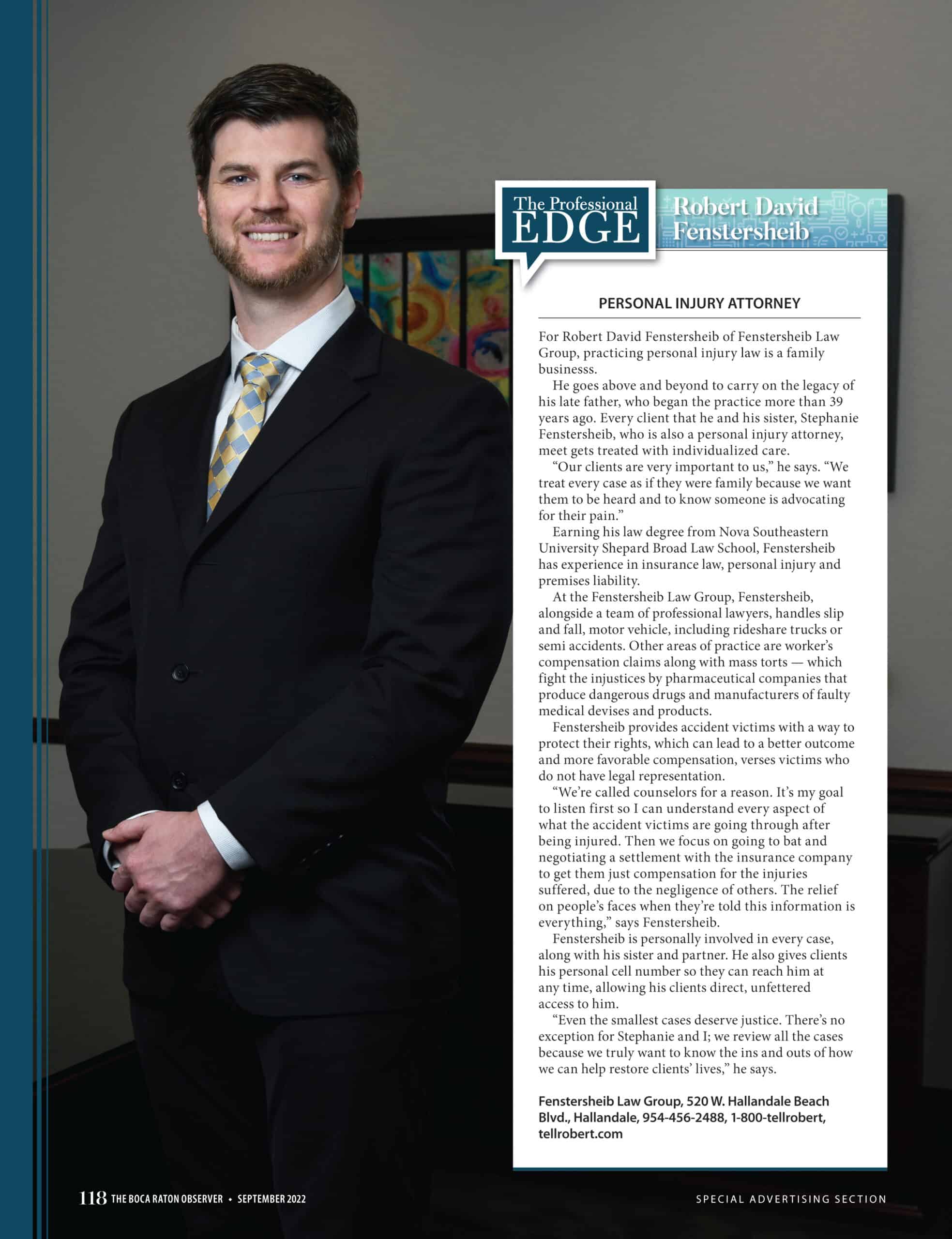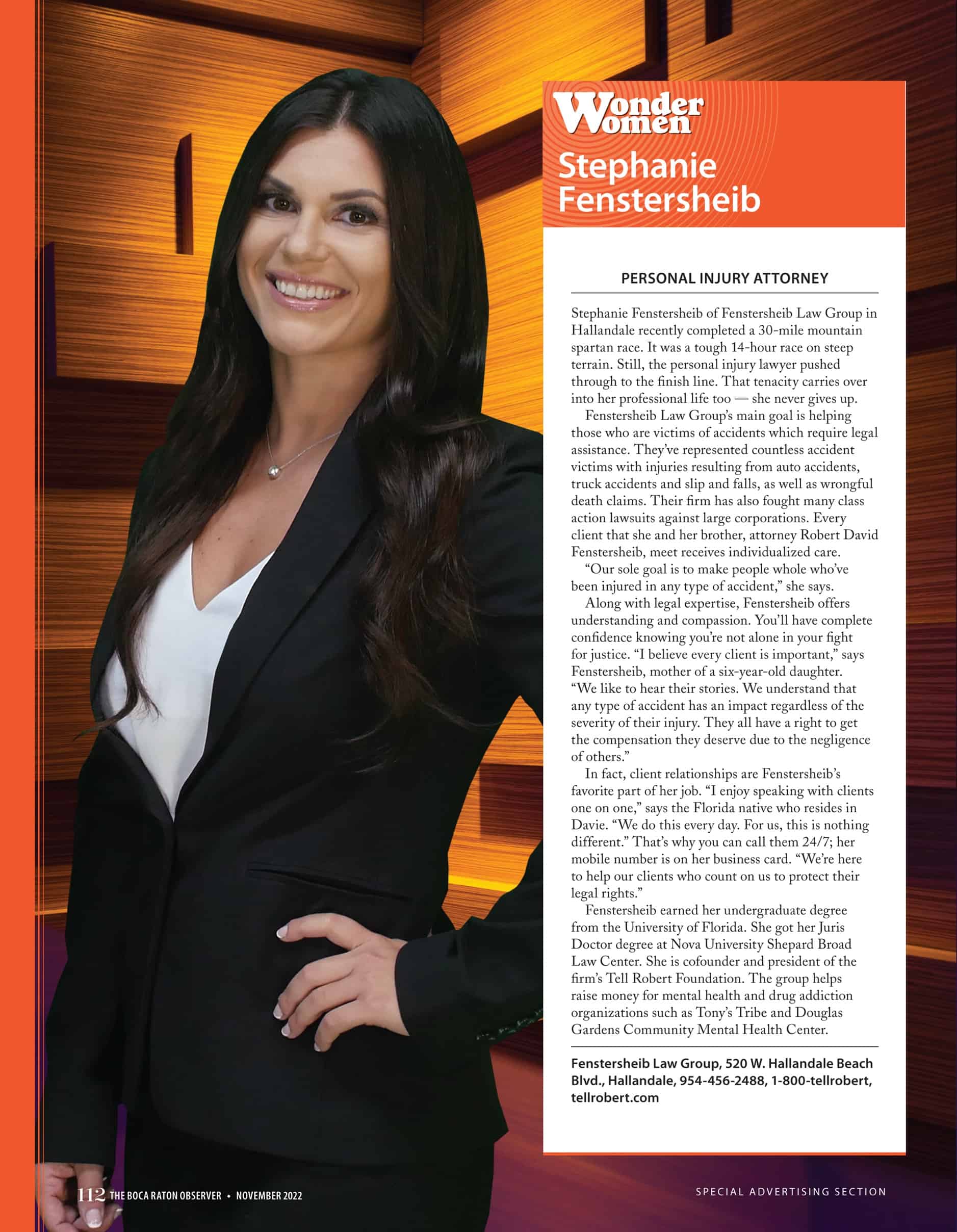What dictates whether a claim is brought by an individual plaintiff, or collectively by a group of plaintiffs in a class action lawsuit? To pursue the latter, all plaintiffs must report similar facts pertaining to the basis of their claim, and therefore all plaintiffs will present the same legal theories to the court. Since the nature of most personal injury cases is such that the circumstances of one differ from another (e.g., the defendant, the cause of the incident, the damages, etc.), most of these cased are brought independently rather than as part of a class action lawsuit.
Does this apply to the many claims of personal injury—including sexual assault—brought by passengers against Uber and Lyft? The answer isn’t yet cut and dried, as rapid expansion of the rideshare industry has created a legal gray area.
An Uber-Long List of Legal Challenges
Should you feel safe stepping into an Uber vehicle? Most people do it without thinking twice; it’s convenient, affordable, and incredibly accessible, with over three million Uber drivers around the world. But that’s only part of the picture.
Prior to 2018, accepting an Uber ride meant first signing away the right to pursue legal claims in court, leaving riders with only the option of arbitration, and thereby keeping sexual assault claims against Uber hidden from the public eye.
According to Uber’s 2017-2018 US Safety Report, nearly 6,000 allegations of sexual assault were received over that two-year time period. Many of those have amounted to lawsuits, which, among other allegedly negligent and deceptive business practices, characterize Uber’s driver screening process as inadequate for protecting riders from sexual misconduct perpetrated by Uber drivers.
“Uber made a deliberate decision to adopt inadequate screening and safety monitoring in favor of profits at the risk of its customers,” said one plaintiff. Over 200 lawsuits in five states echo that sentiment.
This is not the first time Uber has faced legal challenges surrounding the issue of safety: in 2016, class action lawsuit Philliben and McKnight v. Uber Technologies challenged Uber’s passenger safety measures and “safe rides fee,” and resulted in a $32.5 million settlement.
In that case, the plaintiffs argued that Uber’s guarantee that the “safe rides fee” would secure a driver who has passed a background check surpassing local and national standards was false, and that in fact, the background checks performed failed even to screen for past arrests.
There have been at least three other class action lawsuits filed by Uber drivers who claim improper worker classification, workplace discrimination, and breach of contract. This begs the question: will there be a class action lawsuit brought by the thousands of individuals who allege sexual misconduct?
In 2018, Uber stated that individuals alleging sexual assault would be barred from bringing a class action lawsuit. The attorney representing nine women who aim to do just that responded by saying, “That’s for the court to decide—not Uber.”
Lyfted to a Class Action Lawsuit?
Not surprisingly, accusations against Lyft are not dissimilar to those against Uber, with sexual assault and other claims pointing to inadequate screening processes for Lyft drivers, a lack of safety measures to prevent Lyft passengers from sustaining injuries and assault, and a failure to properly investigate claims of sexual assault; all this while Lyft repeatedly touts passenger safety as their top priority.
To date, class action lawsuits against Lyft have been brought by drivers for improper worker classification and unlawfully logging off drivers, but what about class action lawsuits brought by Lyft passengers? There is certainly no shortage of claims alleging driver misconduct that resulted in serious accident-related injuries, or amounted to sexual assault and/or harassment.
In Jane Roe, et al. v. Lyft, Inc., 14 plaintiffs request a class action lawsuit on the basis of sexual assault allegations against Lyft drivers. If a judge determines that the case should indeed be pursued as a class action lawsuit, it will be the first of its kind, quite possibly setting a precedent for other class action lawsuits to follow. It is too early to tell which way it will go, as the case is still in its infancy in the Superior Court of California, County of San Francisco. This leaves open the possibility of the case coordinating with many other sexual assault cases that are still open in California State courts.
Florida Uber & Lyft Attorneys at Fenstersheib Law Group, P.A.
At Fenstersheib Law Group, P.A., dedicated and compassionate Uber & Lyft rideshare attorneys proudly provide legal representation in the following locations: Hollywood, FL, Fort Lauderdale, FL, West Palm Beach, FL, Orlando, FL, Sarasota, FL, Tampa, FL, and Jacksonville, FL.
Our Uber and Lyft attorneys are ready and eager to assist individuals in Florida who believe they may have a personal injury claim against Uber or Lyft. We are here to answer your questions, evaluate your situation, and help determine the best path forward for you. Don’t hesitate to contact us today at 800-TELL-ROBERT.



